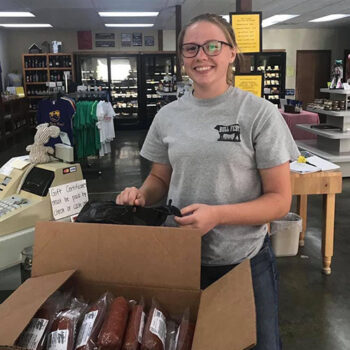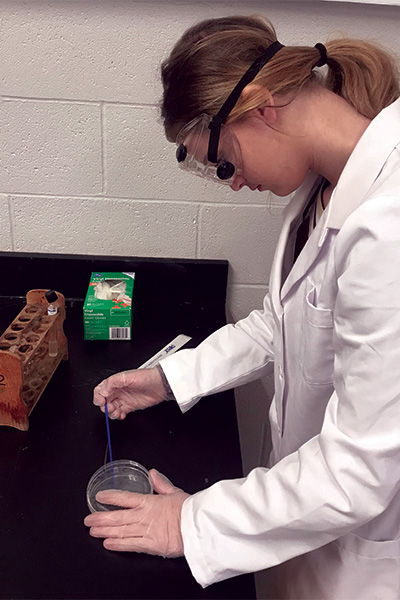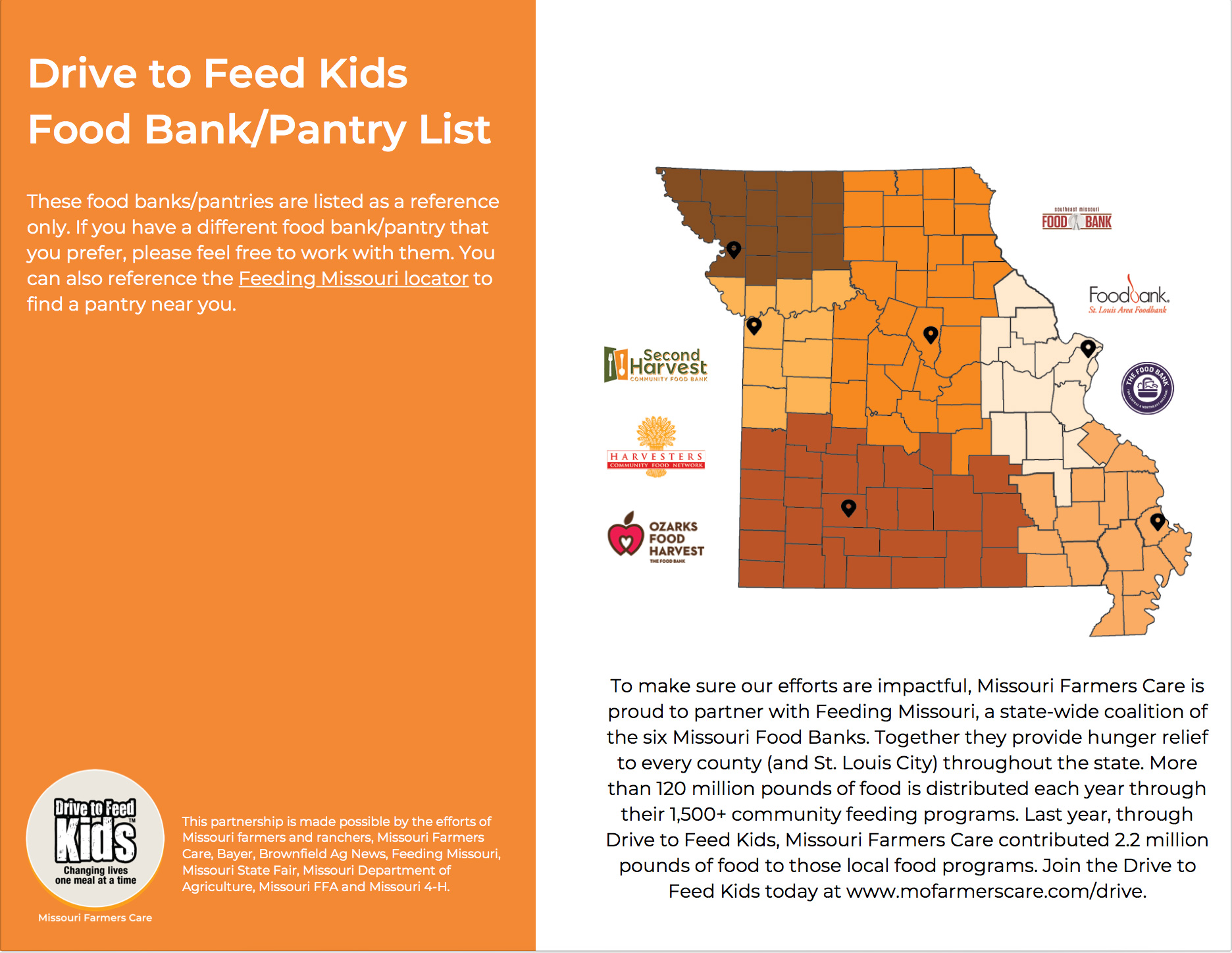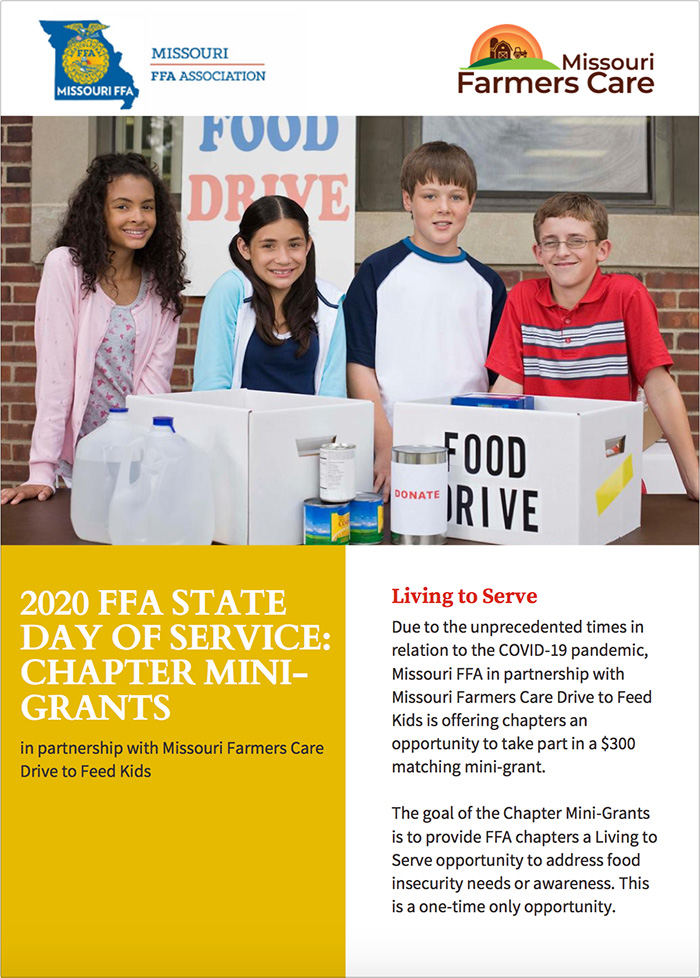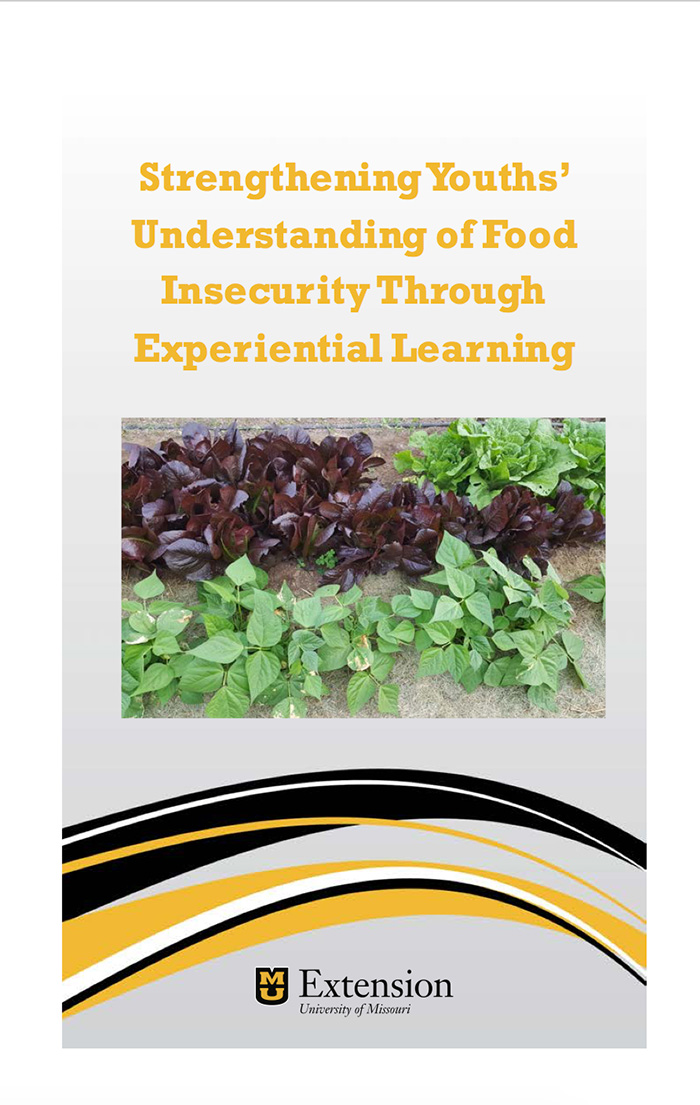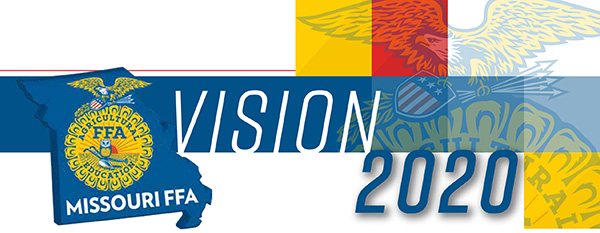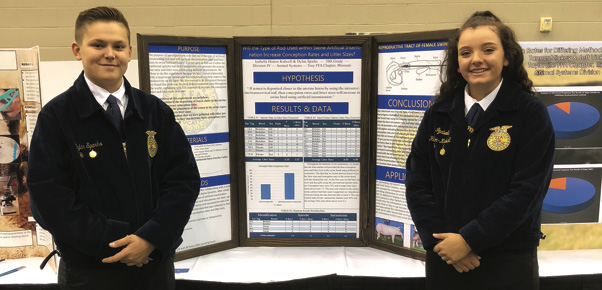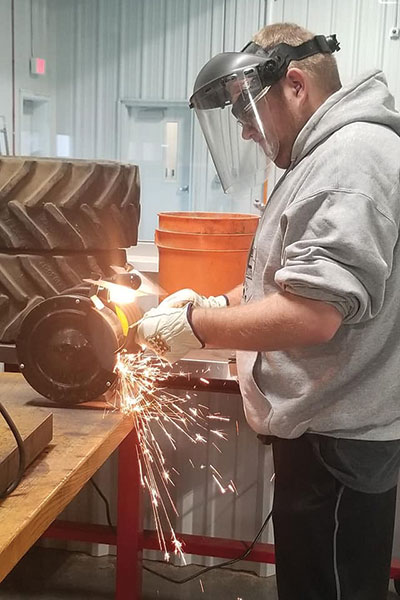Goals for Growth
Measurable goals help Hermann FFA’s Megan Schneider earn Missouri FFA State Star in Agribusiness.
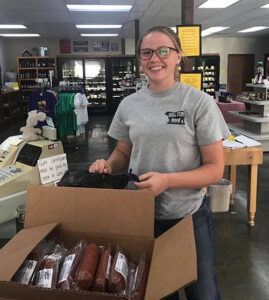
Specific, measurable, attainable, realistic and time oriented. While agricultural education students learn these components of SMART Goals in the classroom each year, Missouri FFA’s State Star in Agribusinesshas seen their effectiveness firsthand. Megan Schneiderof the Hermann FFA Chapterstarted her Supervised Agricultural Experience (SAE) with the decision to keep back her best show gilt and start a breeding operation to produce higher quality show pigs for the county fair.
“One gilt has now turned into roughly 35 sows, 45 laying hens and some beef cattle,” Schneider says. “We started out farrowing sows and selling some of the pigs to local kids to show at county fairs. However, there started to be excess pigs around the farm, so we decided to start selling whole and half pigs for people to butcher themselves.”
Schneider’s operation continued to grow, exposing the need for expansion and diversification.
“As my production increased, it started to exceed local demand, and I needed to expand my markets,” she says. “With the help of my family, the decision was made to start selling at farmers markets and other retail outlets. At the markets, I engage with customers and answer any questions they might have about my products.”
As her SAE evolved, so did Schneider’s goals.
“There have been many goals set for this SAE,” she says. “The first goal was to raise lean and high-quality pork to sell to our customers. Also, to ensure our pigs have high cutability, but, at the same time, they are able to have a high success rate in the show ring.”
With each goal she reached, Schneider set new, higher goals to encourage additional growth. Other goals set included expanding her number of sows to keep up with product demand and creating new flavors and products to retain current customers and attract new ones.
Schneider’s SAE growth has inspired her to pursue a career in the industry. She plans to attend East Central College in Union, Missouri before transferring to the University of Missouri with the goal of earning a masters degree in biochemistry. In addition to beginning a career in agriculture, Schneider hopes to continue the family farm to provide a premium protein product for families to enjoy.





